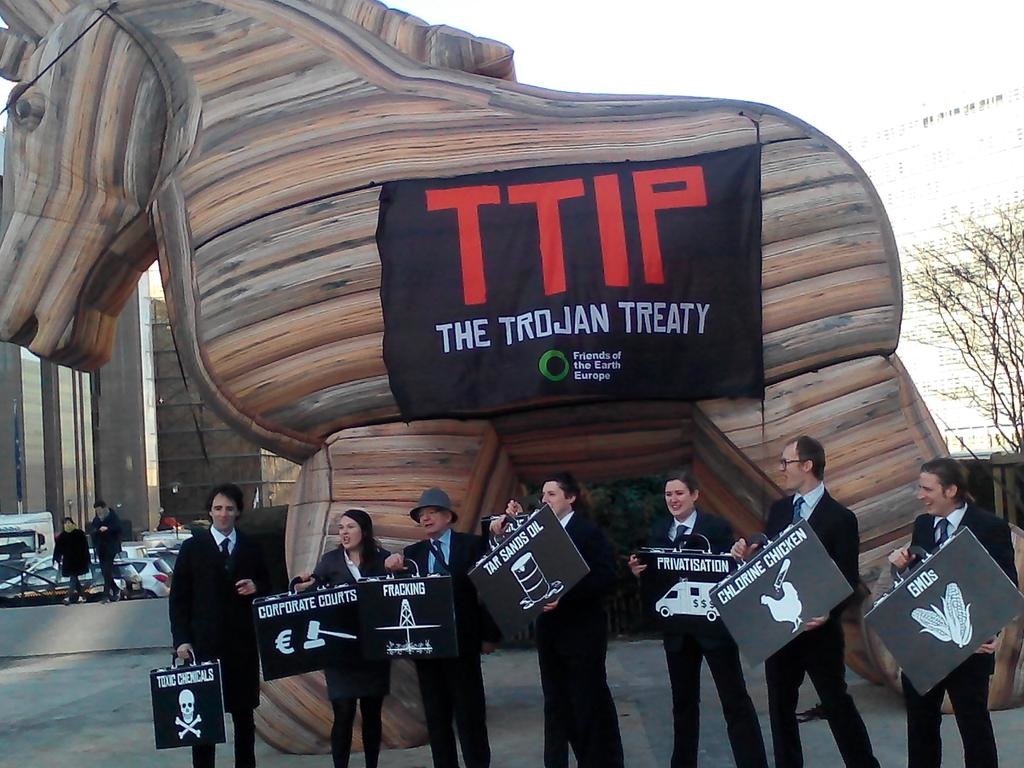Questions asked to top EU and US negotiators Ignacio Bercero and Dan Mullaney at TTIP stakeholders event on February 4th, 2014
Is it smart? Is it fair and balanced? Will it chill future legislation in the EU? Can so much transatlantic policy analysis end up in paralysis?
After all the dust settles and many policy disagreements remain between the US and the EU, the permanent structures and mechanisms set up for transatlantic “regulatory cooperation”, as recently proposed by the EU, will be of the upmost importance. This “cooperation” can mould, inhibit and delay new laws on both sides of the Atlantic, adding a new filter or hoop to jump through for policymakers.
How will regulatory cooperation avoid creating a new channel for corporate, business lobbies that totally mismatch in resources, paid technical and legal expertise and personnel, way above and beyond what consumer and NGOs can offer to influence this EU-US cooperation? As pointed out in a recent Ombudsman report on the gross imbalance of existing EU expert groups,in favour of big business, How will you avoid this very unequal capacity of influencing legislation in the advisory structures of TTIP cooperation.
The scope is not clear: What are the sensitive areas, if any, that are excluded from regulatory cooperation? In the text proposal nothing is excluded. Will it include national and regional laws as well?
Since the proposal includes a whole slew of new procedures and structures (early warning, regulatory cooperation body, joint examination, ect…) Are we not creating a new bureaucratic leviathan? Is this the smart, agile legislation the EC is promoting? How can the existence of these new processes not have a negative impact on the sovereign democratic legislative role of the European Parliament?
